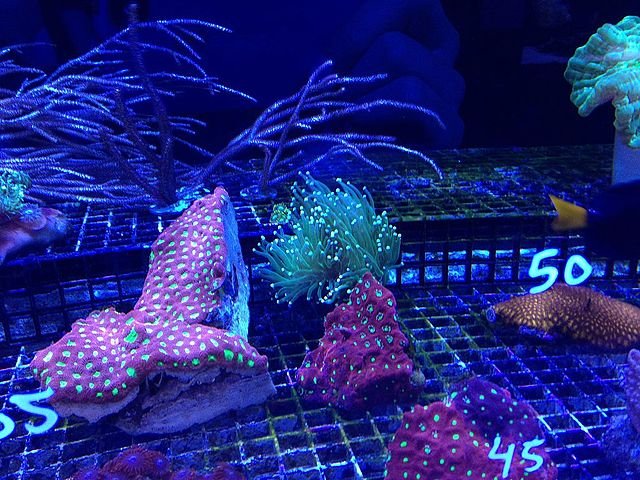UNEP-WCMC is pleased to launch Ocean+ Data, an online library of 183 ocean-related data resources to support informed decision-making for ocean conservation.
The ocean contains some of the most productive ecosystems, vast natural resources, and unique habitats on Earth. The ocean also plays a vital role in regulating the planet’s climate. However, the marine environment is facing many pressures, from the impacts of climate change and overfishing to the effects of pollution from microplastics and marine litter.
Ocean+ Data provides an overview of global marine and coastal data resources of biodiversity importance, as well as datasets of regional interest. It lists datasets, databases and data portals from a range of international scientific sources, and explains what these datasets show, how they can be used, their limitations and access details. Users can filter datasets by category, organisation and theme.
Ocean+ Data can be used to identify resources to support, among other things, marine spatial planning, environmental impact assessments, and education and ocean literacy.
Access Ocean+ Data here: http://wcmc.io/oceandata
Created as part of the Ocean+ Initiative, funded by the Proteus Partnership in collaboration with UNEP-WCMC, Ocean+ Data will be updated bi-annually, with suggestions and contributions welcome at any time. Please contact Juliette Martin at Juliette.Martin@unep-wcmc.org for more information.
Editor at the digital magazine AquaHoy. He holds a degree in Aquaculture Biology from the National University of Santa (UNS) and a Master’s degree in Science and Innovation Management from the Polytechnic University of Valencia, with postgraduate diplomas in Business Innovation and Innovation Management. He possesses extensive experience in the aquaculture and fisheries sector, having led the Fisheries Innovation Unit of the National Program for Innovation in Fisheries and Aquaculture (PNIPA). He has served as a senior consultant in technology watch, an innovation project formulator and advisor, and a lecturer at UNS. He is a member of the Peruvian College of Biologists and was recognized by the World Aquaculture Society (WAS) in 2016 for his contribution to aquaculture.




